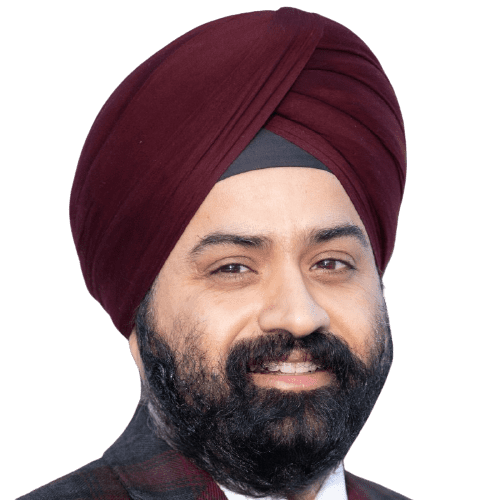
Roshi Singh Dandona
Global Head of Hedge Funds
Hedge funds are coming up with hybrid structures to ensure investors get the best of public and private markets. What is essential is the operations know-how that will enable them to handle both
Many hedge funds are coming up with hybrid structures to ensure that investors have an opportunity to get the best of both worlds: public as well as private markets.
According to a Goldman Sachs study published last year, hedge funds are increasingly participating in private deals. In the first nine months of 2021, hedge funds were involved in 770 private transactions with a total value of USD153 billion. In contrast, in 2020 they participated in 753 deals with a value of USD96 billion.
This is part of a wider trend that has seen hedge funds leaning towards private investments.
Operational transformation for hedge funds
While fund managers look to diversify in private assets, it’s imperative for the back office to be able to support such diversification.
A traditional hedge fund is geared to handle listed and derivative products, subscriptions, redemptions and daily pricing, etc. A shift to a hybrid structure brings in a different aspect – of funds locked in for longer periods with drawdowns and capital calls, distribution notices and waterfall calculations.
To add to this, investors are looking for consolidated reporting from fund managers about their open-ended and closed-ended investments.
Such a shift puts pressure on CFOs and COOs to come up with a solution. They need a talented skill set and technology that can withstand the needs of the fund manager and the investor. It’s a different set-up from what they may have been used to.
The big question funds face is: what is the best way for them to cope with this diversification? How do they scale people and technology to handle the new requirements and investor demands?
Operations is under pressure to make itself ready to deal with this transformation. It has a number of different options:
- It could go ahead and hire talent in the market and invest in the technology that suits its requirements.
- It could retrain its existing staff and tweak its existing tech to address the new-found requirements.
- Or it can sign up with an experienced service provider, leveraging its experience and technological competency in the space.
The fund must choose which option works best for it. Some key drivers for decision-making are:
- Time to market
- The comfort level for the management team to handle ops in unchartered territory
- Ensuring the reporting and transparency required by investors
- Showcasing robust operations to establish credibility for raising further capital
While many of these factors are external-facing, the fund also must deal with other internal matters such as additional investment in technology. A lack of experience in the space can lead to the wrong choices about tech, people and processes.
The big question for the fund is: how does it find the right balance to get the machinery up and running in short order while supporting the investment manager? And how does it do this without increasing its risk profile through limited experience in dealing with such hybrid models?
A hybrid structure also brings in new challenges for CFOs and COOs around valuation, liquidity and GP compensation.
Many operations experts have resorted to hiring experienced firms that have had wide exposure in this space. These firms have already invested in the tech and the people who can give a jump-start to support such hybrid structures. And they can create time for the CFO/COO to think of the long-term model as they gain more experience working with such players.
How Intertrust Group can help
- Intertrust Group is a publicly listed company with decades of experience in handling operations, middle-office functions and accounting for funds around the world, for both open-ended and closed-ended structures.
- Our wide experience in the funds space allows us to bring in best practices across asset classes and processes – to provide you and your investors with confidence.
- Technology is the backbone of what we deliver. We have continued to build and leverage state-of-the-art technology solutions to help us cater for a wide variety of open-ended and closed-ended structures.